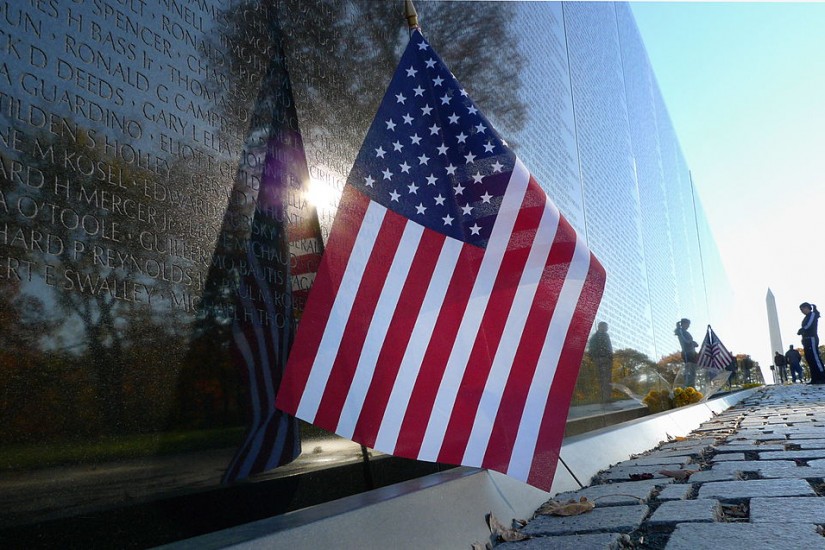“The Vietnam War” arrives in Americans’ living rooms at an especially precarious national moment. As Burns and Novick edited and refined the film in 2015 and 2016, American politics began to resemble those of the Vietnam era in their rancor. Burns has generally stayed away from the campaign trail, preserving nonpartisan enthusiasm for his work at a time when other cultural figures often explicitly cater to liberals or conservatives. But speaking at Stanford University’s commencement in 2016, Burns chose to spend some of the political capital he has accrued over the past three decades in a dramatic fashion. He explicitly and vehemently broke with his long-standing reticence and condemned Trump as a liar, demagogue and friend to white supremacists.
When I asked Burns about the address more than a year later, curious about whether he was surprised by the extent to which the speech made political headlines, he said he hadn’t been thinking about whether the audience would have preferred a soothing, Burnsian tale of national progress and unity.
“I just felt that there was an urgency to the message I had about this,” he said. “What I felt was a huge anomaly in the arc of our experiment.”
“The Vietnam War” argues that this experiment survived another anomalous moment, when a disastrous conflict abroad, social upheaval at home and a wave of political assassinations made it seem, as Robert F. Kennedy said, quoting William Butler Yeats, that “the center cannot hold.” The United States emerged from the Vietnam era in a diminished and drastically altered fashion, but it survived. “The Vietnam War” reaches audiences at another point when the public confronts a profound debate about the future of the American idea.
Over the past year and a half, as I reported out this series, it felt as though there was something eerie about the convergence of movie and moment. The contest between Trump and Hillary Clinton seemed like a referendum on a proposition Burns has been advancing for years: that America’s greatness lies not in our past, but in our ability to learn the lessons of history and, as Burns likes to say, to forge an unum out of a rowdy and divided pluribus. To me, Trump’s election felt like a defeat for this idea at the ballot box. That accident of timing means that “The Vietnam War” has acquired a new urgency: Just as America almost came apart during the Vietnam War, what we do in the succeeding years will determine whether Burns is right about our ability to hold together now.
